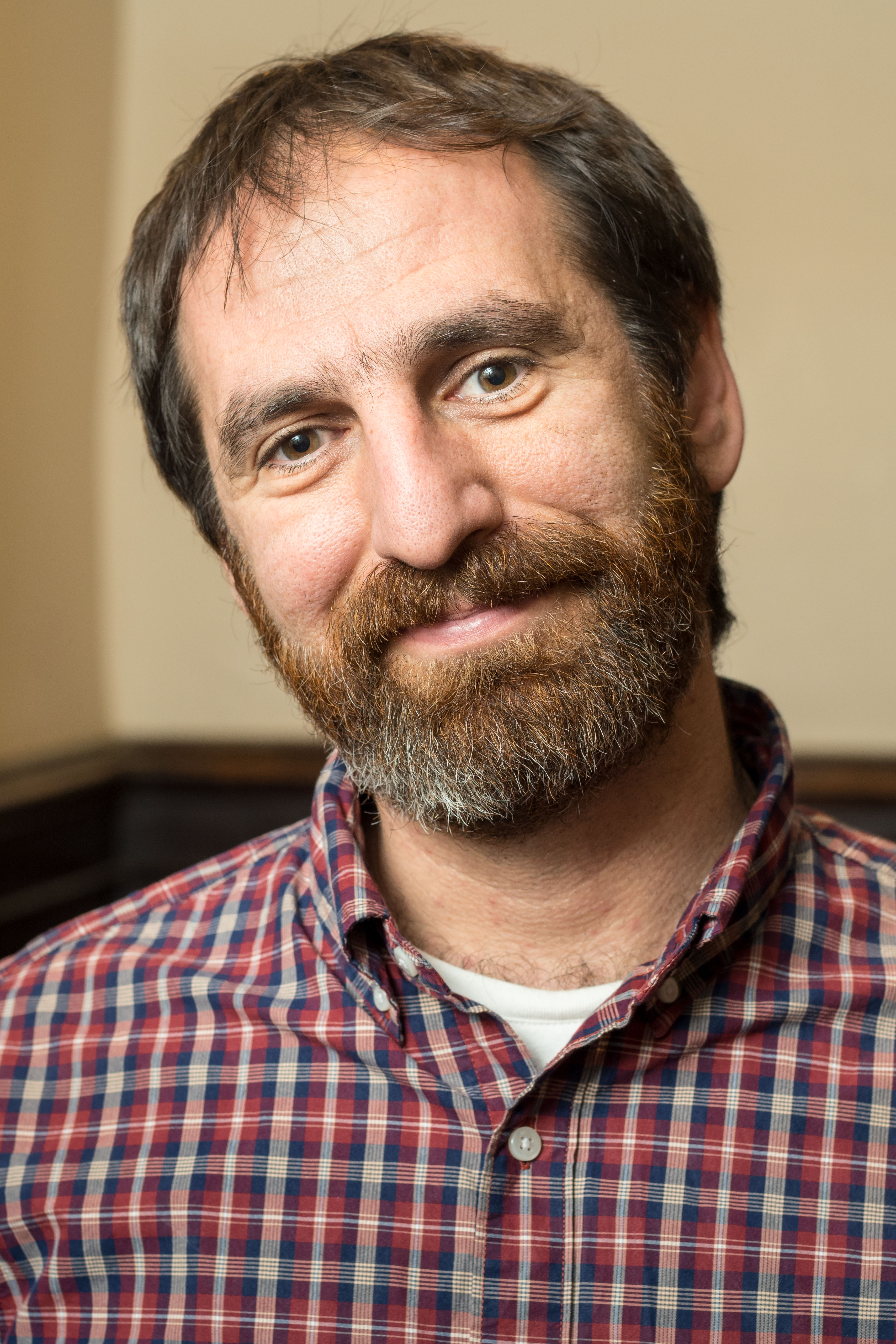Staff Developer Spotlight: Jonah Braverman
"Social and emotional learning and restorative practices are vehicles for listening to the struggles, resilience, and wisdom of our students," says Jonah.
"Social and emotional learning and restorative practices are vehicles for listening to the struggles, resilience, and wisdom of our students," says Jonah.

Jonah Braverman has been a Morningside Center staff developer and PAZ educational specialist since 2014, and has worked in the conflict resolution field since 2006.
Jonah has provided training and coaching for staff at schools throughout NYC in restorative approaches through our Restore360 Program. He has helped develop and implement SEL/peer mediation and social action curricula. And as educational specialist for our PAZ after-school program at PS 214 in the Bronx, he provided training and coaching for staff in social and emotional learning.
Before coming to Morningside Center, Jonah served as program coordinator for Youth Empowerment in Brooklyn, where he developed and implemented experiential SEL curricula and implemented a mediation and restorative justice program. Jonah developed curricula on social reconciliation for the Center for Peace-Building and Reconciliation in Sri Lanka and provided training and coaching in peacebuilding for Common Ground in Nepal. He has a BA in education, community development and sustainable agriculture from Hampshire College and an MA in peace-building, conflict transformation and sustainable development from the SIT Graduate Institute.
We asked Jonah for any advice he would offer to educators at this moment.
As our country grapples with the impact of the global pandemic, the murder of George Floyd, and the massive uprising that has followed, students need to have a voice and be part of the conversation. Before holding space for students to share how they feel, be sure to take care of yourself and others. Decide on how to differentiate the support of African American students without introducing further trauma, and non-African American students in order to meet their diverse social and emotional needs.
As educators it is our responsibility to navigate how to have these courageous conversations with our students in a way that provides them with the opportunity to share their feelings, while having an authentic voice during these uncertain times.
Social and emotional learning and restorative practices are vehicles for listening to the struggles, resilience, and wisdom of our students. In the fall, we will have to slow down to listen to the voices of our students, and to help each other to reimagine our world anew.